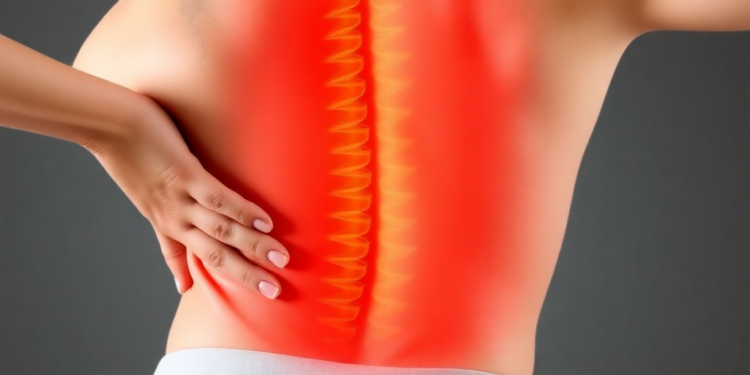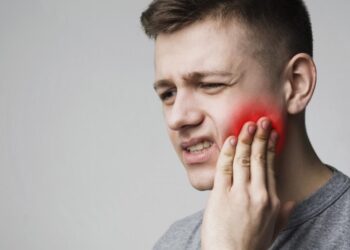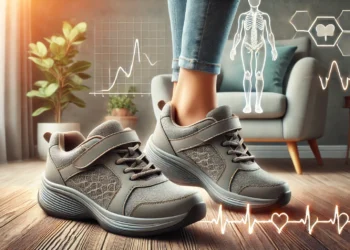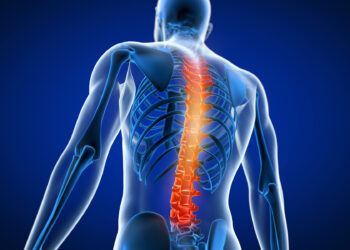Gastroesophageal reflux disease (GERD) is a common condition that affects millions of people worldwide. It occurs when stomach acid or bile irritates the food pipe lining, leading to symptoms like heartburn, regurgitation, and chest discomfort. However, many people are surprised to learn that GERD can sometimes cause back pain as well. In this article, we will explore the potential connection between GERD and back pain, how the two conditions may be related, and what you can do to manage both.
Understanding GERD: What Is It?
GERD is a chronic digestive condition where stomach acid flows back into the esophagus, the tube that connects the mouth to the stomach. The esophagus has a muscular valve called the lower esophageal sphincter (LES) that normally prevents stomach acid from rising. In people with GERD, this valve weakens or relaxes abnormally, allowing acid to leak into the esophagus, leading to symptoms like:
- Heartburn (a burning sensation in the chest)
- Regurgitation (the feeling of acid backing up into the throat or mouth)
- Difficulty swallowing
- Chronic cough
- Hoarseness or sore throat
While chest pain and discomfort are common in GERD sufferers, some individuals may experience less typical symptoms, such as back pain.
Can GERD Cause Back Pain?
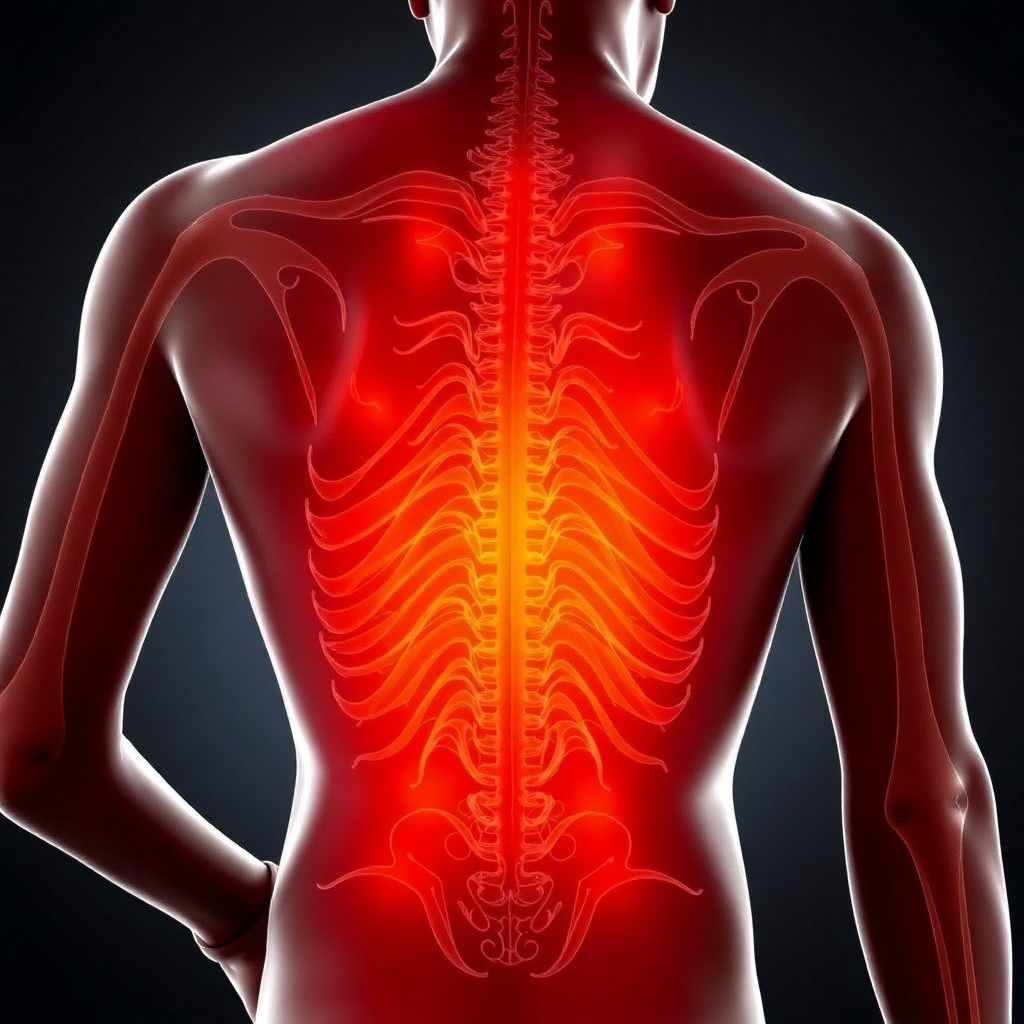
Although back pain is not one of the most commonly recognized symptoms of GERD, there is growing evidence suggesting a connection. Here are a few ways GERD might lead to or contribute to back pain:
- Referred Pain
In some cases, GERD can cause referred pain, meaning pain is felt in a different area of the body than where the problem originates. The pain from acid reflux may radiate to the back, especially the upper back or between the shoulder blades. This phenomenon happens because the nerves in the chest and upper back are interconnected.
- Posture and Strain
GERD symptoms like severe acid reflux and heartburn can worsen when you lie down, bend over, or bend after eating. The discomfort caused by GERD may make it more difficult to maintain a neutral posture. Over time, this can strain the muscles of the back, leading to pain. Additionally, people who are trying to alleviate GERD symptoms by changing their posture or body mechanics may inadvertently create musculoskeletal tension, which can cause back pain.
- Esophageal Spasms
Some GERD patients experience esophageal spasms—sudden, intense contractions of the muscles in the esophagus. These spasms can cause chest pain that mimics the feeling of a heart attack and may sometimes be felt as back pain as well.
- Increased Intra-abdominal Pressure
GERD symptoms can worsen when there is increased pressure on the abdomen, such as during physical activities, heavy lifting, or even pregnancy. This increased pressure can push stomach acid into the esophagus and exacerbate both GERD and back pain due to the strain on the spine and muscles in the lower back.
Symptoms of GERD-Related Back Pain
It’s important to differentiate back pain that might be related to GERD from other potential causes, such as muscle strain or more serious conditions like heart disease. If you experience the following symptoms in addition to back pain, GERD may be the underlying cause:
- A burning sensation in the chest, especially after eating
- Regurgitation of food or acid into your mouth
- Difficulty swallowing or the sensation of food getting stuck in the throat
- Chronic cough or hoarseness
- A sour taste in your mouth
If your back pain is accompanied by severe chest pain or shortness of breath, seek immediate medical attention, as these could be signs of a heart attack or other serious conditions.
How to Manage GERD-Related Back Pain
If you suspect that GERD is contributing to your back pain, there are several strategies you can use to help manage both conditions:
- Medications
Your doctor may recommend medications to control acid reflux and reduce the frequency of GERD symptoms. Antacids, H2 blockers, or proton pump inhibitors (PPIs) are commonly prescribed to lower stomach acid production and alleviate discomfort. By controlling GERD symptoms, you may also reduce the back pain associated with the condition.
- Postural Adjustments
Try to avoid lying down immediately after meals. Stay upright for at least 2–3 hours to help reduce the risk of acid reflux. You can also elevate the head of your bed by a few inches to prevent acid from traveling up your esophagus while you sleep.
- Physical Therapy and Stretching
If your back pain is due to muscle strain or poor posture caused by GERD, physical therapy may help. A trained therapist can teach you exercises to improve posture, strengthen core muscles, and relieve tension in the back.
- Lifestyle Changes
Implementing lifestyle changes can go a long way in reducing both GERD and back pain. Avoid large meals, especially late at night, and try not to eat foods that trigger acid reflux, such as spicy or fatty foods. Additionally, maintaining a healthy weight and engaging in regular physical activity can help reduce both your GERD symptoms and the strain on your back.
- Consult a Doctor
If you continue to experience back pain despite managing your GERD, or if the pain becomes more severe, it’s essential to consult a doctor. A healthcare professional can evaluate your symptoms, provide a proper diagnosis, and create a treatment plan tailored to your needs.
FAQs:
1 Can GERD cause pain in the upper back?
Yes, GERD can cause referred pain in the upper back, particularly between the shoulder blades.
2 Is back pain a common symptom of GERD?
No, back pain is not a typical symptom, but it can occur in some cases as a result of esophageal spasms or posture changes due to GERD.
3 How can GERD-related back pain be treated?
Treating GERD with medications, improving posture, and managing lifestyle factors can help reduce associated back pain.
4 Can GERD cause chest and back pain simultaneously?
Yes, GERD can cause both chest and back pain due to acid reflux or esophageal spasms.
5 When should I see a doctor for GERD-related back pain?
If your back pain is severe, persistent, or accompanied by other concerning symptoms like chest pain or difficulty breathing, consult a doctor immediately.
Conclusion:
While back pain is not a typical symptom of GERD, it is possible for the two to be connected. GERD-related back pain can occur due to referred pain, poor posture, or esophageal spasms. By understanding the relationship between GERD and back pain, you can take proactive steps to manage both conditions. With the right treatment and lifestyle changes, it’s possible to reduce discomfort and improve your quality of life.If you’re experiencing persistent back pain along with GERD symptoms, be sure to consult with a healthcare professional for personalized advice and treatment options.
Read More Relevant Article:

